Caffeine is an active compound found in popular beverages such as coffee, tea and yerba mate. This stimulant – one of the oldest in human history – is mainly used to reduce fatigue and improve physical performance. Recent studies demonstrate that caffeine can also support body weight reduction and increase learning capacity thanks to its beneficial impact on attention and working memory.
€4,99 – €54,99
Add review
Caffeine | Anhydrous caffeine
Properties: Caffeine can be found in many beverages used worldwide. Due to its stimulating effects, it is presently one of the most often consumed substances – and a psychoactive one! Statistically speaking, every human on this planet drinks one cup of coffee a day. However, not all strains of coffee contain equal proportions of caffeine. Interestingly enough, they might even contain compounds that inhibit its stimulating effects. But first, why don’t we have a closer look at caffeine and its effects.
In the morning, a cup of coffee helps us to get up and become active fairly quickly. This is mainly due to two reasons. First off, 99% of pure caffeine is absorbed from our intestines. Secondly, it stimulates the natural activity of dopamine (a neurotransmitter responsible for our motivation level) as well as acetylcholine that determines the speed of information processing. Therefore, an optimal dose of caffeine helps us to stay goal-oriented and focused on the task at hand. What is more, it also influences the receptors of adenosine, thereby eliminating the feeling of drowsiness caused by this neurotransmitter.
Caffeine has lipolitic properties: it acts strongly against the process of lipogenesis (in which fat tissue is created and stored) and stimulates the process of lipolysis (ie. fat metabolism). Thus, it prevents storing lipids in tissues. Therefore, it helps to reduce fat tissue and cellulitis, tones the shape of face, cheeks, and chin. What is more, it strengthens the skin that lacks elasticity and helps to reduce discoloration around the eyes including puffiness and dark spots under them. Additionally, caffeine exhibits drainage properties. That is why it is often used in slimming, firming and anti-cellulite cosmetics, as well as creams for skin care around the eyes. Besides that, caffeine stimulates the growth of hair. For this reason, it is often used in cosmetics designed for hair care.
Noteworthy, caffeine has quite a lot of other beneficial properties, which are, however, not so widely acknowledged. For example, it has been scientifically proven that caffeine can quickly – roughly in less than 30 minutes – raise the physical performance level and the speed of metabolism. For these reasons it is often supplemented by sportsmen. What is more, people who wish to lose some extra pounds are also very much welcome to take caffeine. As it turns out, this compound not only improves metabolism, but also limits fat tissue build up while accelerating fat burning.
Last but not least, since pure caffeine has a plethora of positive effects on the skin, it might come in handy for the fans of DYI who like to produce homemade cosmetics. Caffeine has lipolitic properties: it acts strongly against the process of lipogenesis (in which fat tissue is created and stored) and stimulates the process of lipolysis (ie. fat metabolism). Thus, it prevents storing lipids in tissues. Therefore, it helps to reduce fat tissue and cellulitis, tones the shape of face, cheeks, and chin. What is more, it strengthens the skin that lacks elasticity and helps to reduce discoloration around the eyes including puffiness and dark spots under them. Additionally, caffeine exhibits drainage properties. That is why it is often used in slimming, firming and anti-cellulite cosmetics, as well as creams for skin care around the eyes. Besides that, caffeine stimulates the growth of hair. For this reason it is often used in cosmetics designed for hair care.
Occurrence: Caffeine is present in over 60 plant species. Typical sources of caffeine are: Arabian coffee (Coffea arabica), Congolese coffee or Robusta (Coffea canephora), Chinese tea (Camellia sinensis), true cocoa (Theobroma cacao), Brazilian linseed also known as Guarana (Paulinia guarana), glossy cola (Cola nitida) and the Paraguayan holly, commonly known as Yerba Mate (Ilex paraguariensis). This alkaloid is also a constituent of soft drinks such as Coca-cola and energizers like Red Bull. It can be found in chocolate too.
Biochemistry: Caffeine is an organic chemical compound that belongs to the group of purine alkaloids. It is a derivative of xantin. Structurally, it resembles the nucleic bases included in the DNA and RNA chain – adenine and guanine. Bioavailability of caffeine in the organism reaches up to 99%. After administration, it is metabolized in the liver to three dimethylxanthines: paraxanthine, theobromine and theophylline. It easily crosses biological membranes, including the brain-blood barrier. In the central nervous system, it predominantly affects the functioning of adenosine. However, it also impacts the activity of serotonin, and levels of other neurotransmitters, including: dopamine, adrenaline, noradrenaline, as well as acetylcholine.
Fun fact: Caffeine has many names, depending on its source. If it’s obtained from the seeds of coffee, it’s called caffeine; if from tea leaves – teine; if from Guarana berries – guaranine; and if from Yerba Mate leaves – mateine.
How does anhydrous caffeine work?
Reduces fatigue: Caffeine is popular worldwide mostly thanks to the stimulating effects. They stem from its influence on adenosinergic receptors. Adenosine is secreted in the brain during waking state, and the more its level increases, the drowsier we become. Caffeine blocks adenosine receptors reducing the feeling of fatigue. On top of that, this alkaloid upregulates the activity of dopamine – the neurotransmitter responsible for energy and motivation levels. This is why caffeine can improve awareness and reaction time.
Improves attention: There are two crucial neurotransmitters that determine the functioning of our memory and focus: dopamine and acetylcholine. Dopamine helps us to focus the loci of attention and smoothly move it from one relevant subject to another. On the other hand, acetylcholine is responsible for the speed of information transmission and the ability to associate new facts with these already stored in the vast library of memories. Caffeine benefits the activity of both these neuromediators. It is worth noting that caffeine increases the activity of acetylcholine and the density of its receptors in the area of the hippocampus – the brain’s circuit particularly involved in forming memories. Therefore, caffeine significantly improves the process of learning.
Improves physical performance: The results of many scientific studies have proven that even a single dose of caffeine can improve physical performance. This effect occurs roughly one hour after administration! In one of these experiments the participants were asked to run a certain distance as fast as possible. Group that received caffeine scored much higher than the placebo group. This effect most likely comes from the fact that caffeine increases the activity of adrenaline and noradrenaline, both not only in the brain but generally in the whole body. These two compounds help to mobilize the muscles and increase their efficacy.
Supports weight loss: It has been proven that even a single dose of caffeine increases the speed of metabolism as quickly as 30 minutes after ingestion. Supposedly, this effect is related to increased secretion of catecholamines (dopamine, adrenaline, and noradrenaline) in the organism. Results of scientific studies show that caffeine interacts with the fat tissue directly. Thereby, it strengthens the process of lipolysis – the metabolism of lipids. The results of clinical trials have demonstrated that caffeine supports weight loss best during the first four weeks of supplementation.
Caffeine | Caffeine Anhydrous product specification
TYPE OF PRODUCT: |
|
STANDARDIZATION: |
|
MEASURING: |
|
PACKAGING: |
|
INTENDED USE: |
|
LEGAL STATUS: |
|
How to use anhydrous caffeine?
RECOMMENDED SERVING: |
|
SERVINGS PER DAY: |
|
BEST ABSORPTION: |
|
WHEN TO USE: |
|
OPTIMAL CYCLE DURATION: |
|
How to stack anhydrous caffeine?
To reduce tiredness:
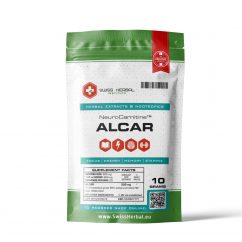
ALCAR | Acetyl-L-carnitine
Best version of L-carnitine to boost your brain

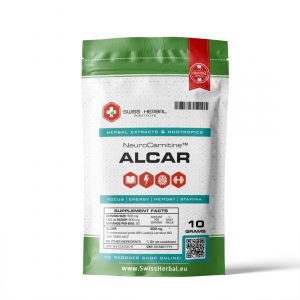
€7,99 – €89,99

L-DOPA 99% | Mucuna pruriens
Direct precursor of dopamine

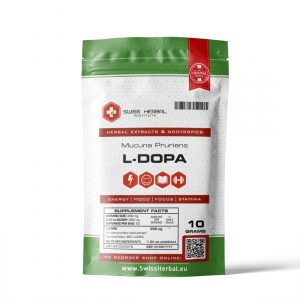
€9,99 – €129,99

NALT | NeuroTyrosine™
Better version of tyrosine - for even better motivation

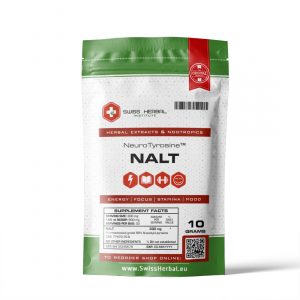
€9,99 – €129,99
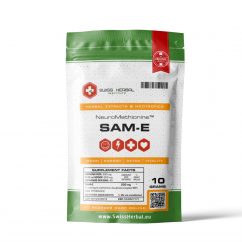
SAM-e | S-adenosyl methionine
For good mood and efficient memory

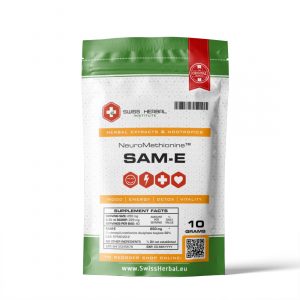
€14,99 – €204,99
Previous lowest price was €14,99.
To improve focus:
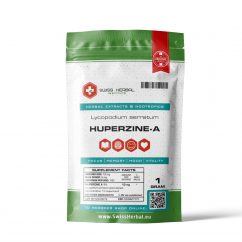
Huperzine A 1% | Huperzia serrata
Effective support for intellectual abilities and neurogenesis

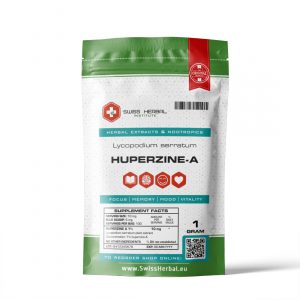
€14,99 – €199,99
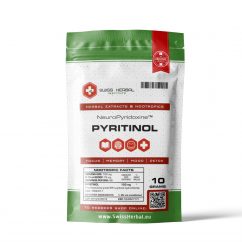
Pyritinol | NeuroPyridoxine™
The newer generation of vitamin B6

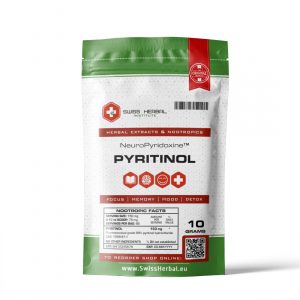
€9,00 – €108,00
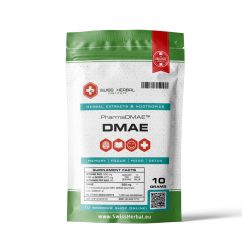
DMAE | Dimethylaminoethanol
Focus and think, without stress

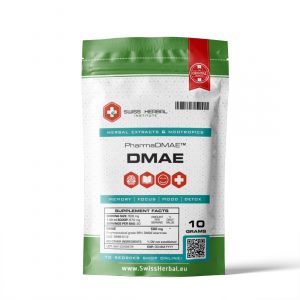
€7,99 – €89,99
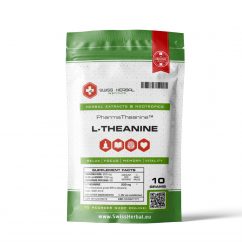
L-Theanine 99% | PharmaTheanine™
Secret weapon of green tea

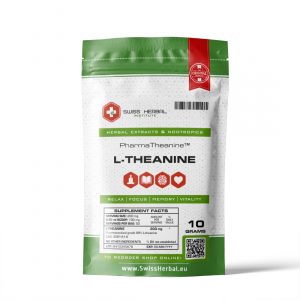
€9,99 – €129,99
To support physical performance:
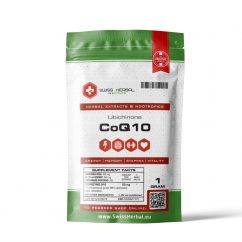
Coenzyme Q10 | Ubiquinone
Better brains, better looks, better vitality

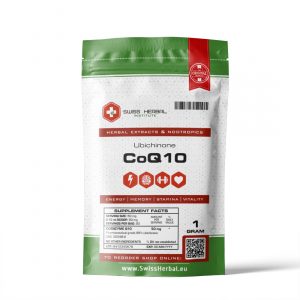
€9,99 – €129,99
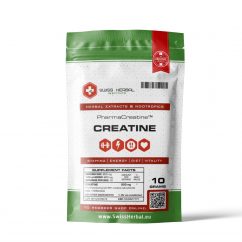
Creatine | PharmaCreatine™
Energy, muscles and the brain

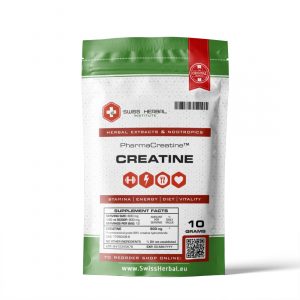
€4,99 – €54,99
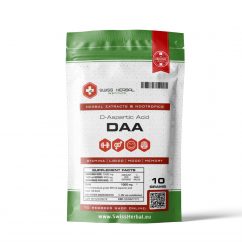
D-Aspartic acid | PharmaDAA™
Male amino acid for the muscles and the brain

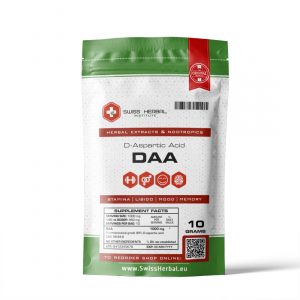
€4,99 – €54,99
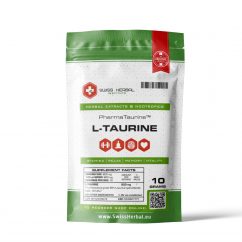
L-Taurine | PharmaTaurine™
Support for your muscles and the brain

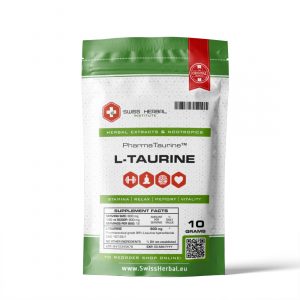
€4,99 – €54,99
To facilitate weight loss:
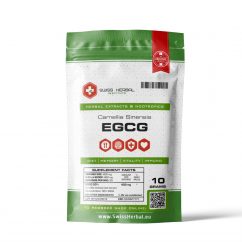
EGCG extract 50% | Camellia sinensis
You can find it in every cup of green tea

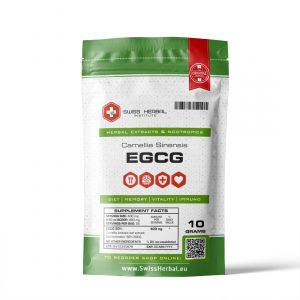
€7,99 – €89,99
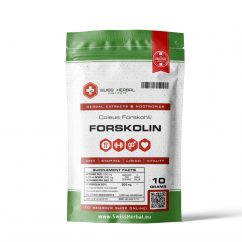
Forskolin extract 20% | Coleus forskohlii
Great for metabolism and sexual performance

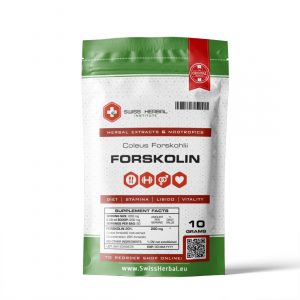
€7,99 – €89,99
Previous lowest price was €7,99.
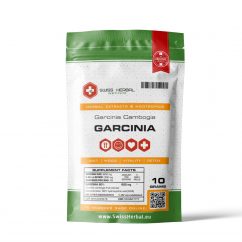
Garcinia extract 60% | Garcinia cambogia
Great for weight loss and a healthy heart

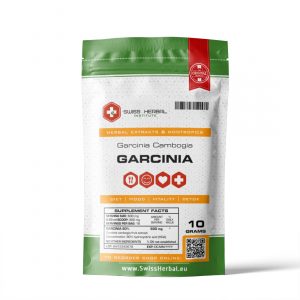
€4,99 – €54,99
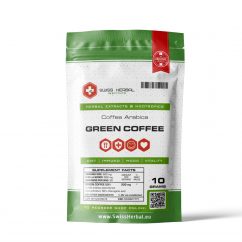
Green Coffee extract 50% | CoffeeGreen
Totally raw coffee - for immunity and fitness

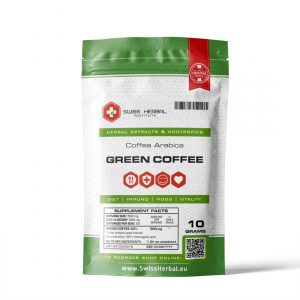
€4,99 – €54,99
Previous lowest price was €4,99.
SHOP:
HEALTH:
INGREDIENTS:
Current discounts

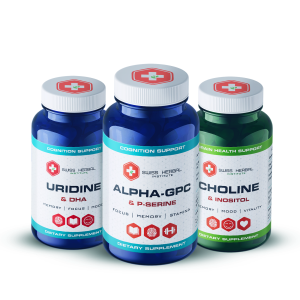
€56,00
Previous lowest price was €56,00.

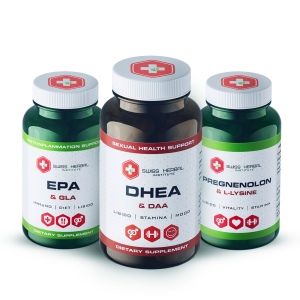
€39,00
Previous lowest price was €39,00.

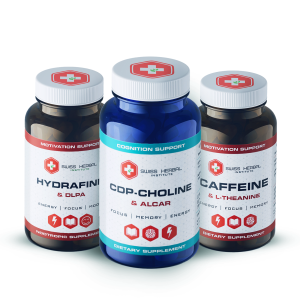
€59,99
Previous lowest price was €59,99.

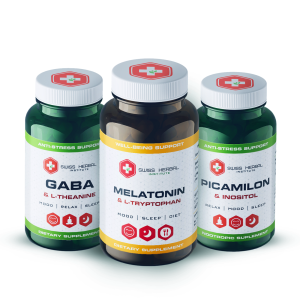
€39,00
Previous lowest price was €39,00.

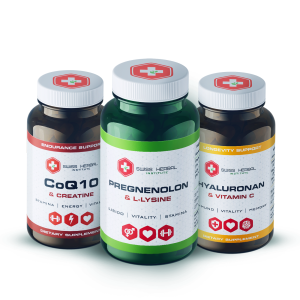
€39,00
Previous lowest price was €39,00.

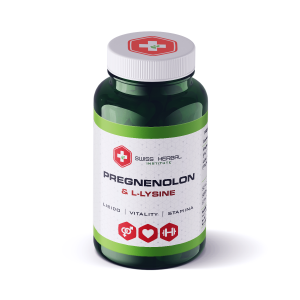
€14,99
Previous lowest price was €14,99.

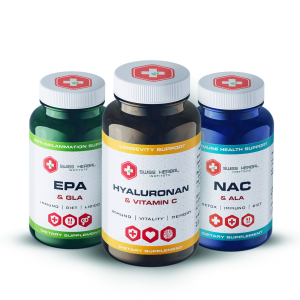
€41,97
Previous lowest price was €41,97.

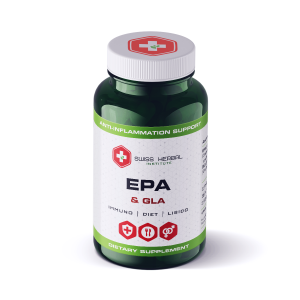
€17,99
Previous lowest price was €17,99.

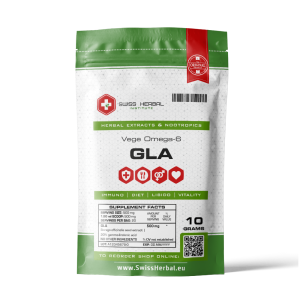
€7,99 – €89,99
Previous lowest price was €7,99.

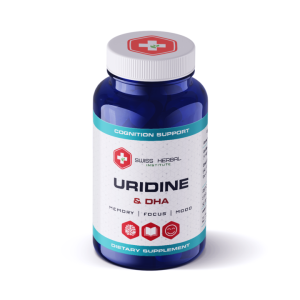
€19,99
Previous lowest price was €19,99.

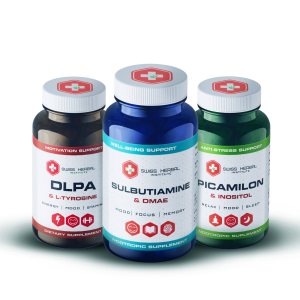
€45,97
Previous lowest price was €45,97.

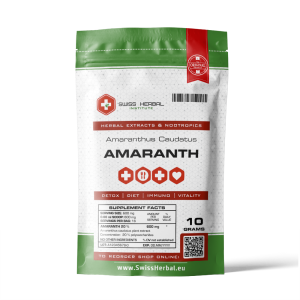
€4,99 – €54,99
Previous lowest price was €4,99.

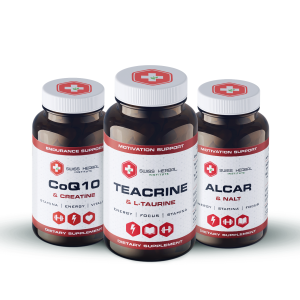
€41,97
Previous lowest price was €41,97.


€17,99
Previous lowest price was €17,99.

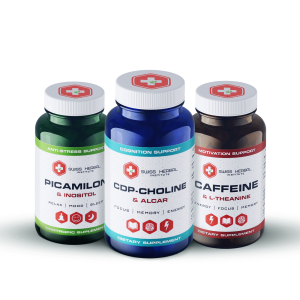
€54,99
Previous lowest price was €54,99.
The above information about products should be considered a historical and scientific facts, not a recommendation on how to use a specific substance. Dietary supplements should not be treated as an alternative to a healthy lifestyle and balanced diet. The above information is not medical advice. Every use of a dietary supplement or herbal/nootropic compound should be consulted with a doctor or a specialist. Dietary supplements as well as nootropic and herbal compounds should not be mixed with medication. Our products should not be used by breastfeeding women and by the people under the age of 18.

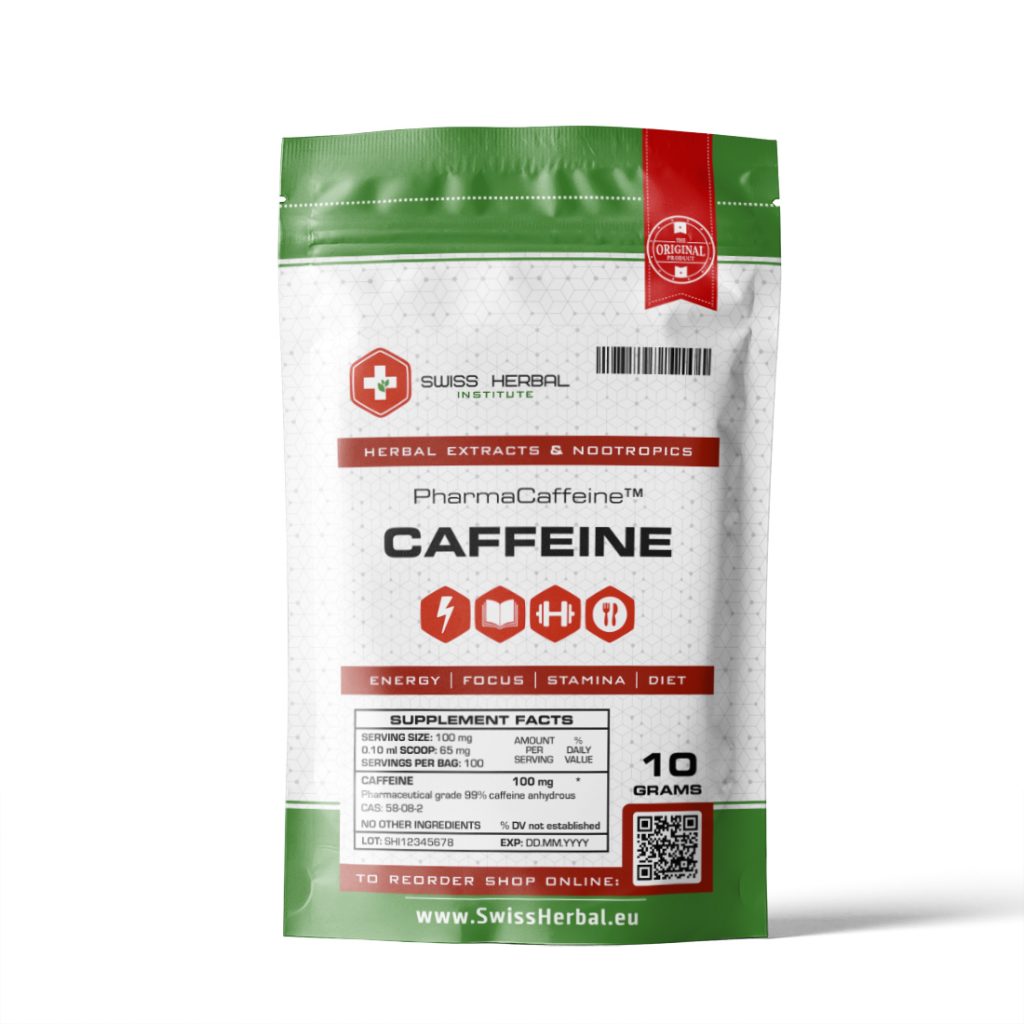
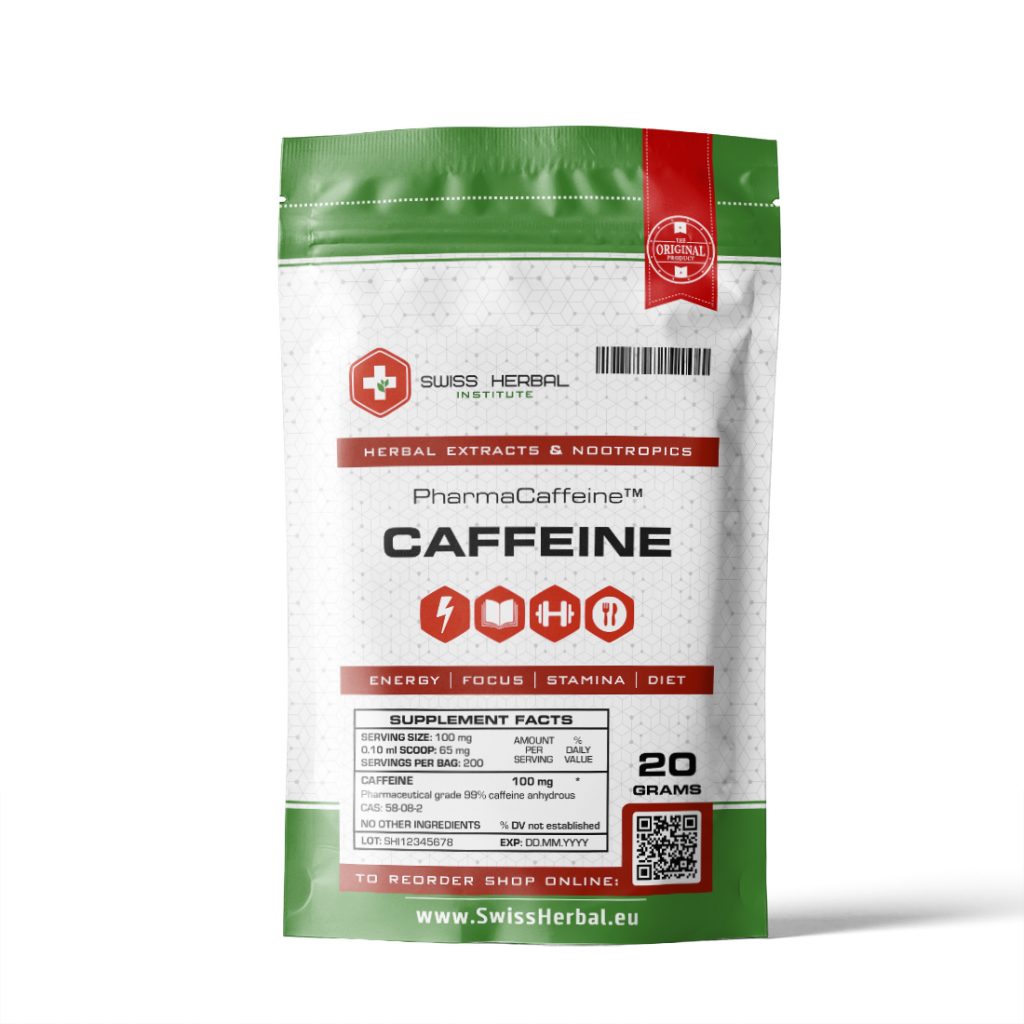
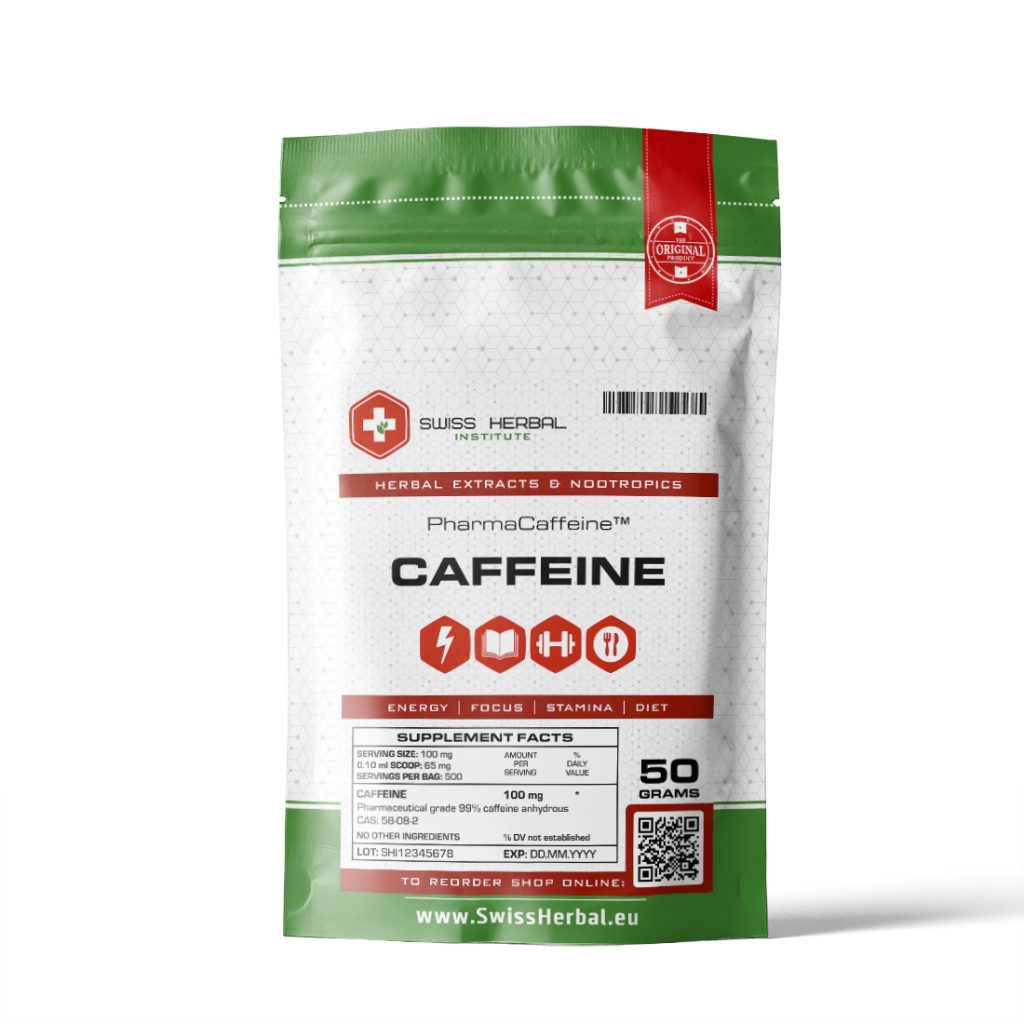
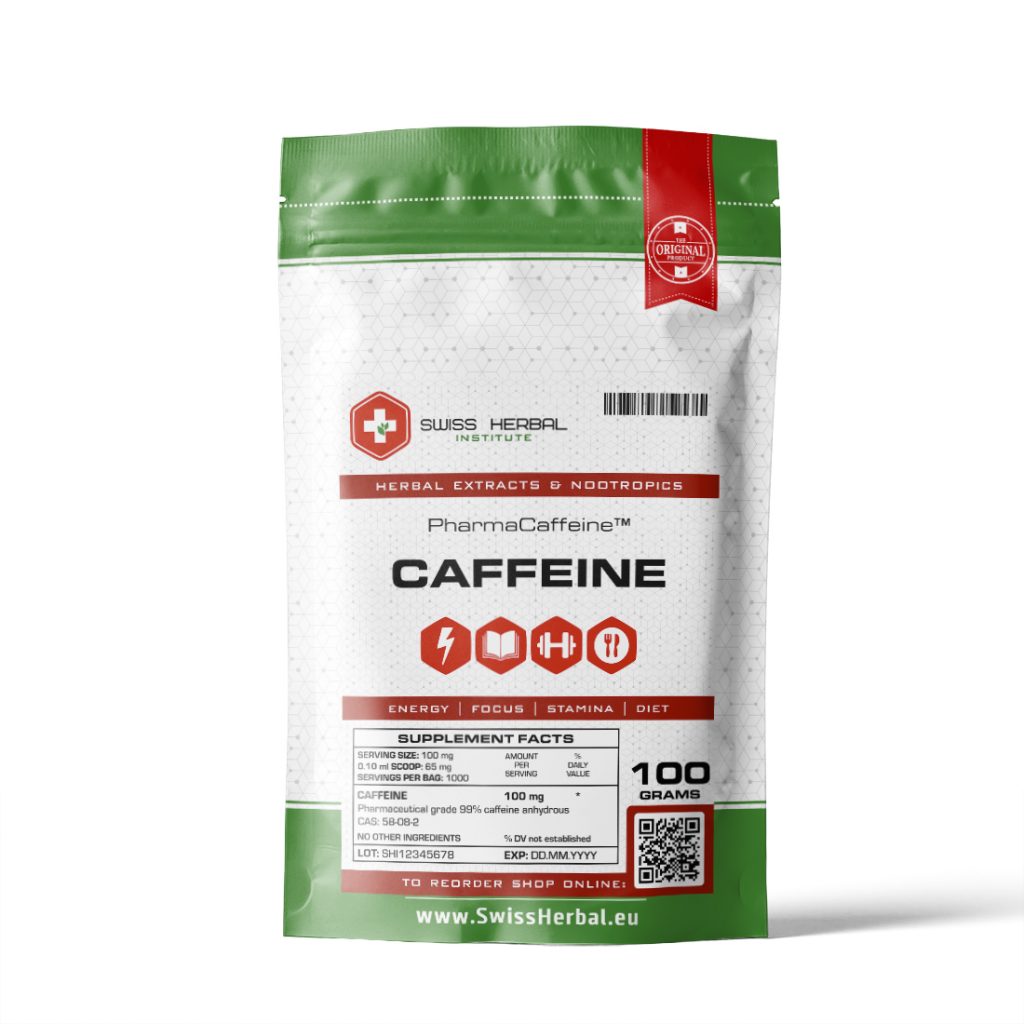
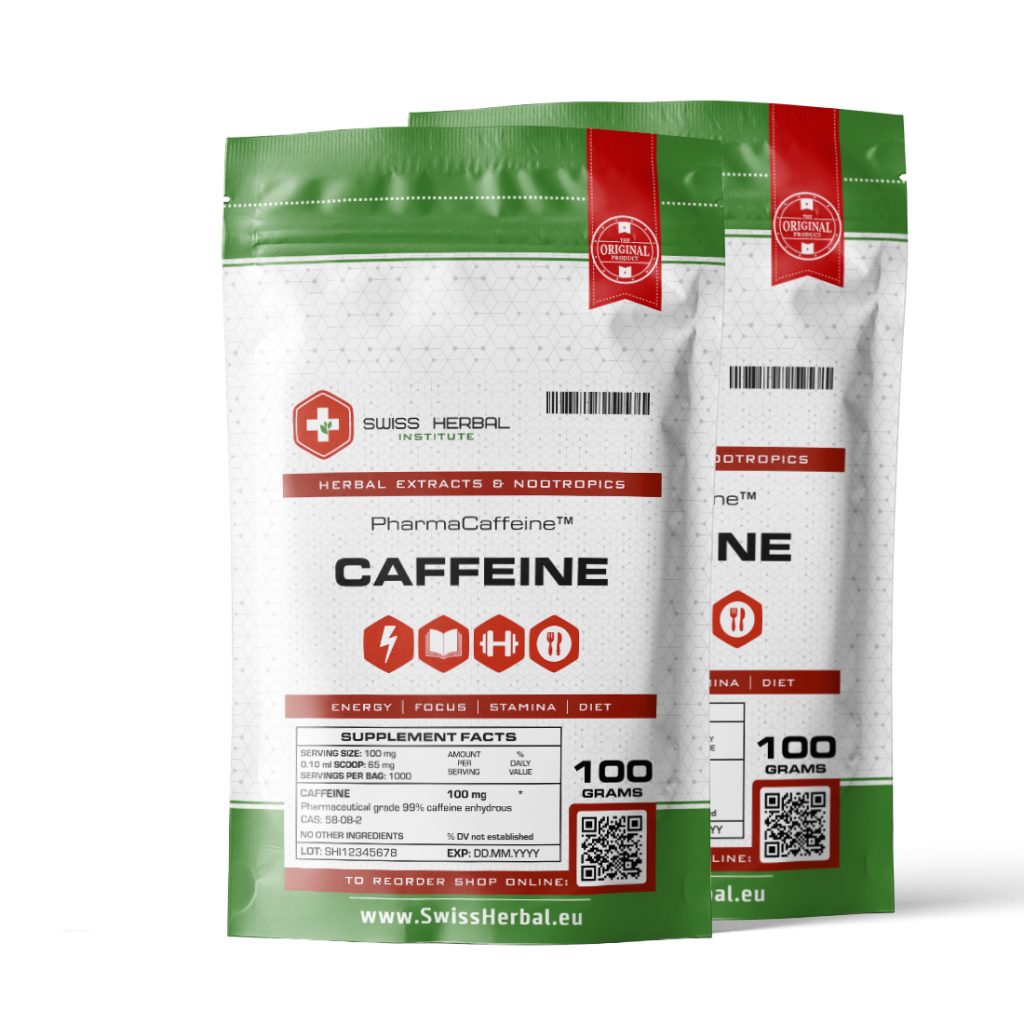
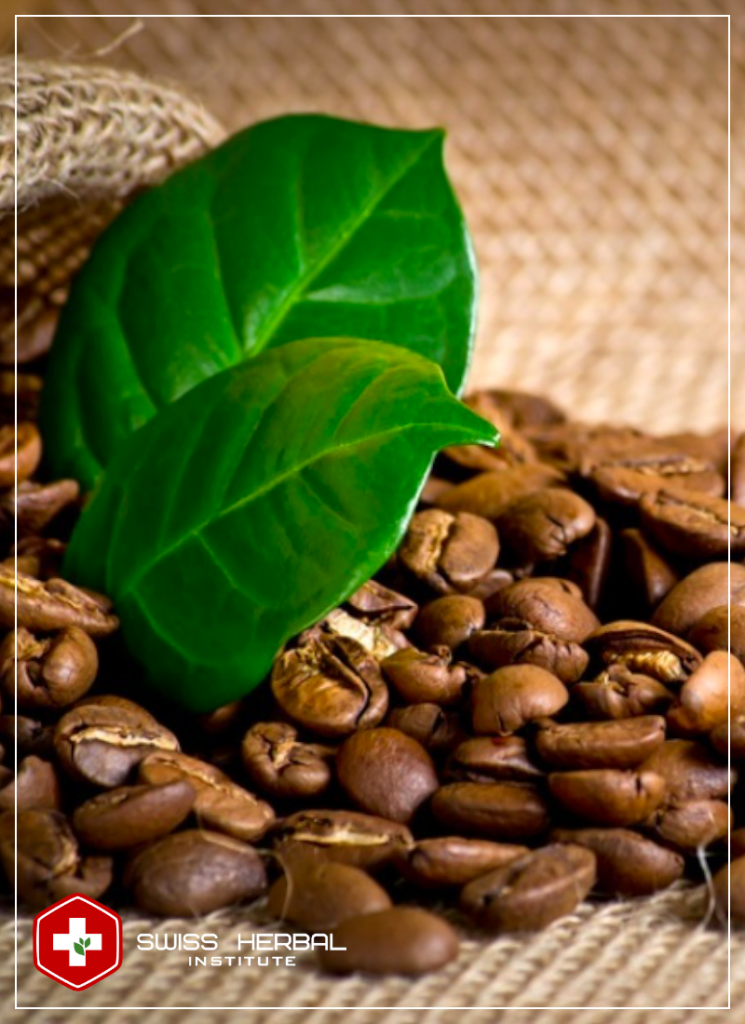
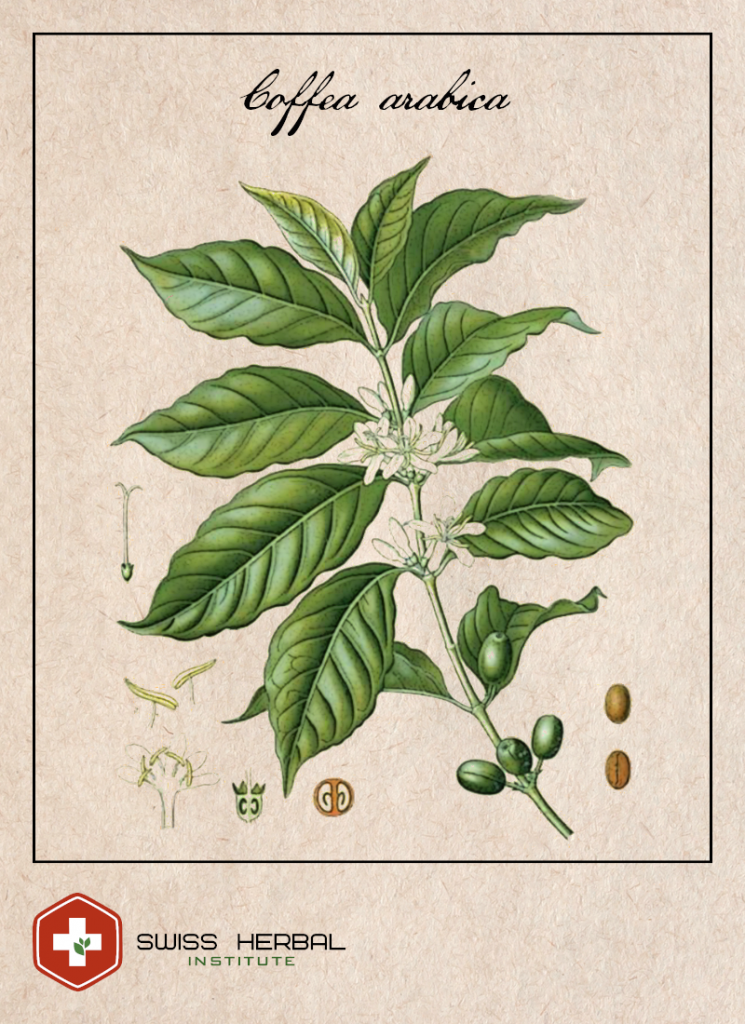
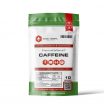

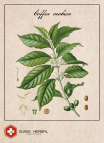



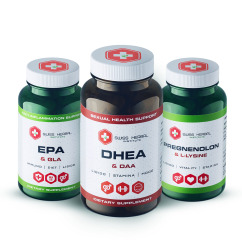
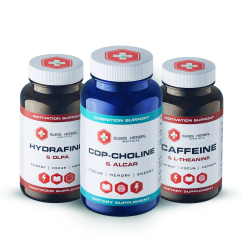
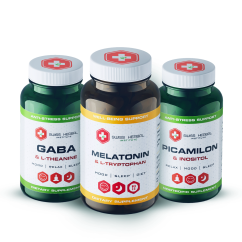
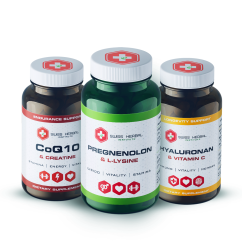

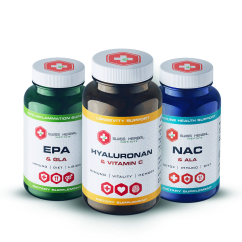
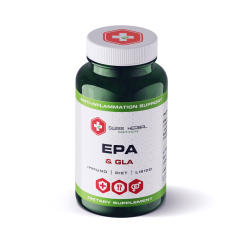
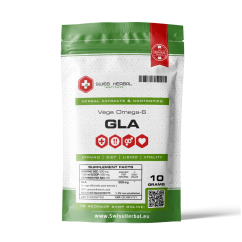
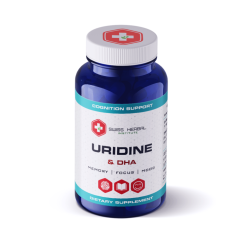
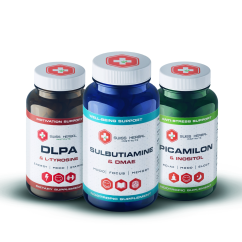
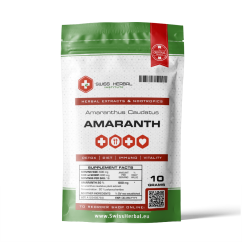
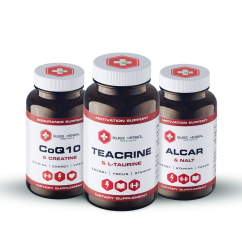
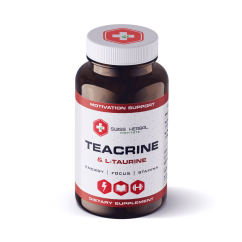
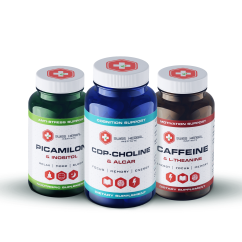
There are no reviews yet.